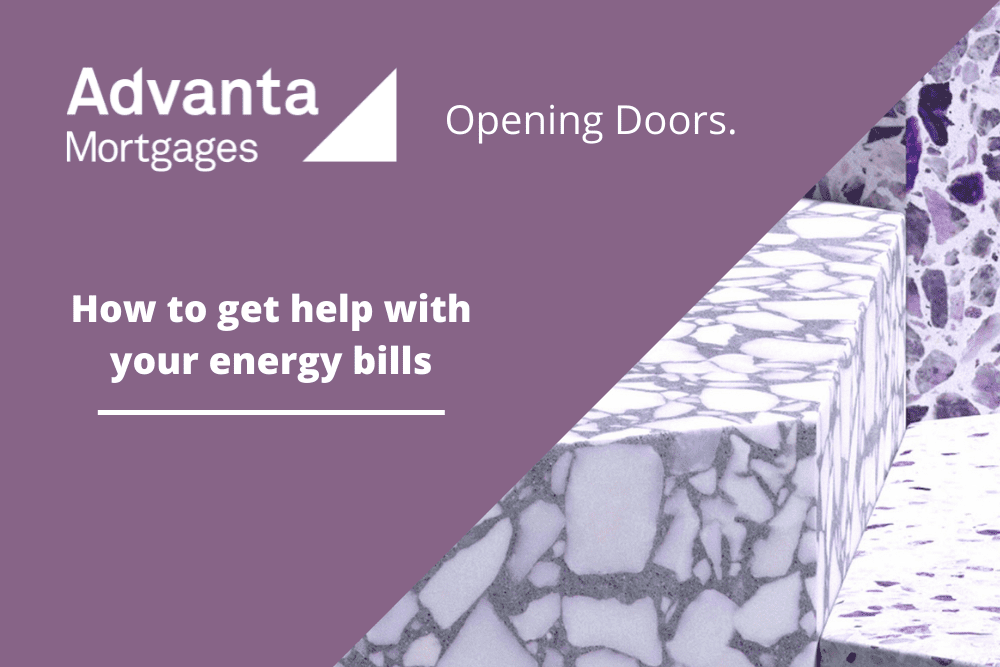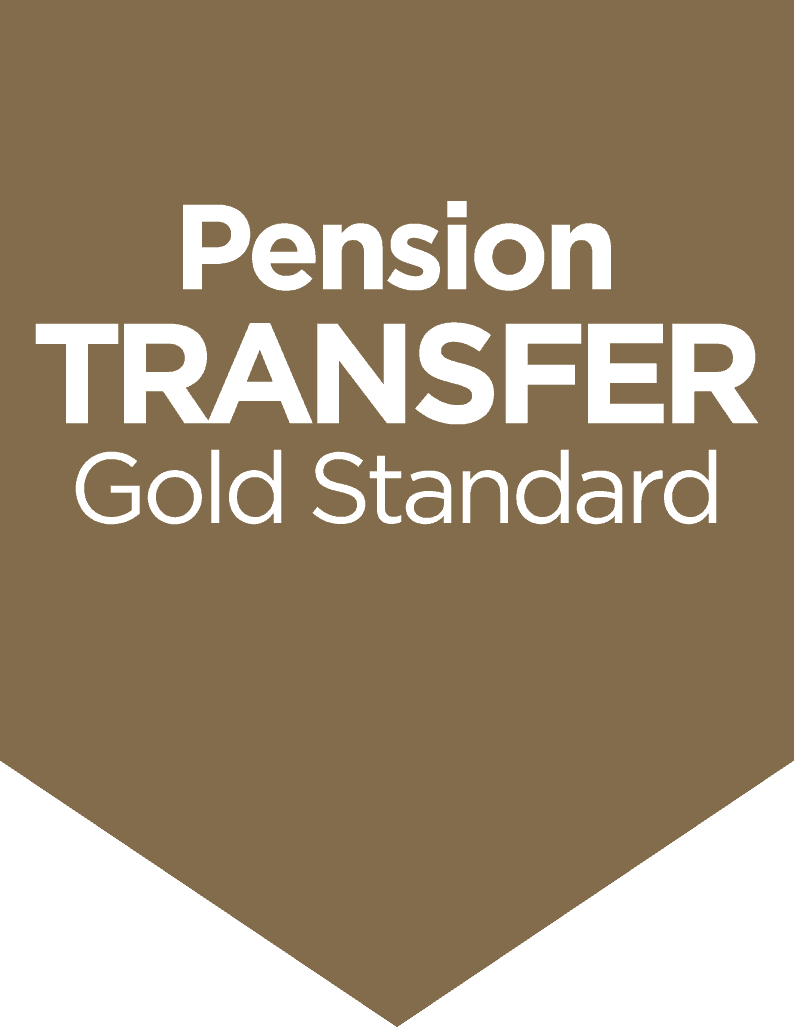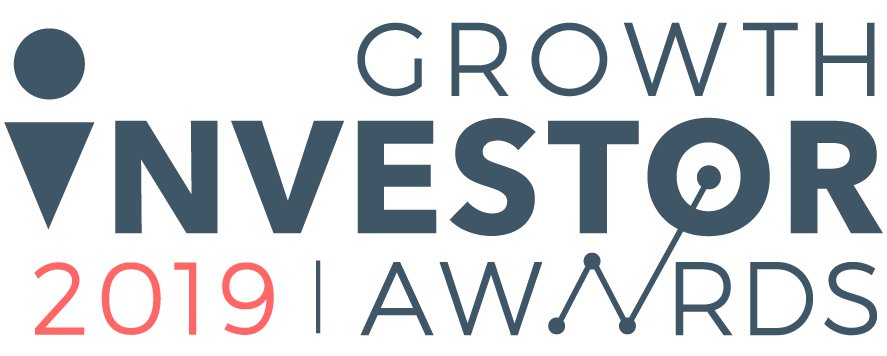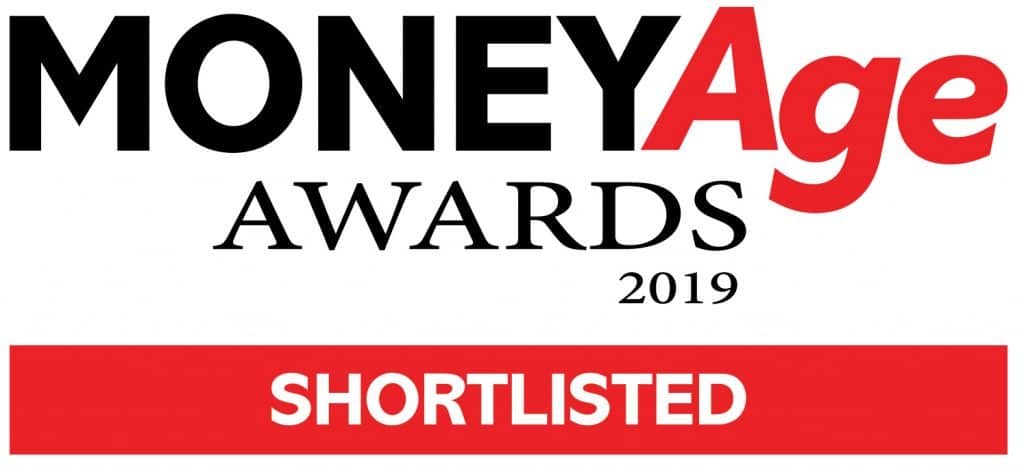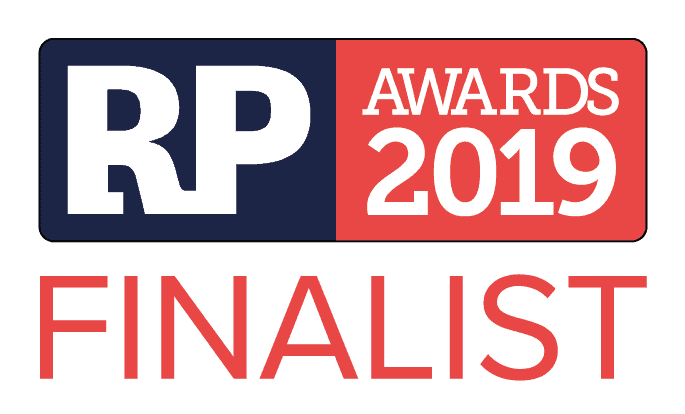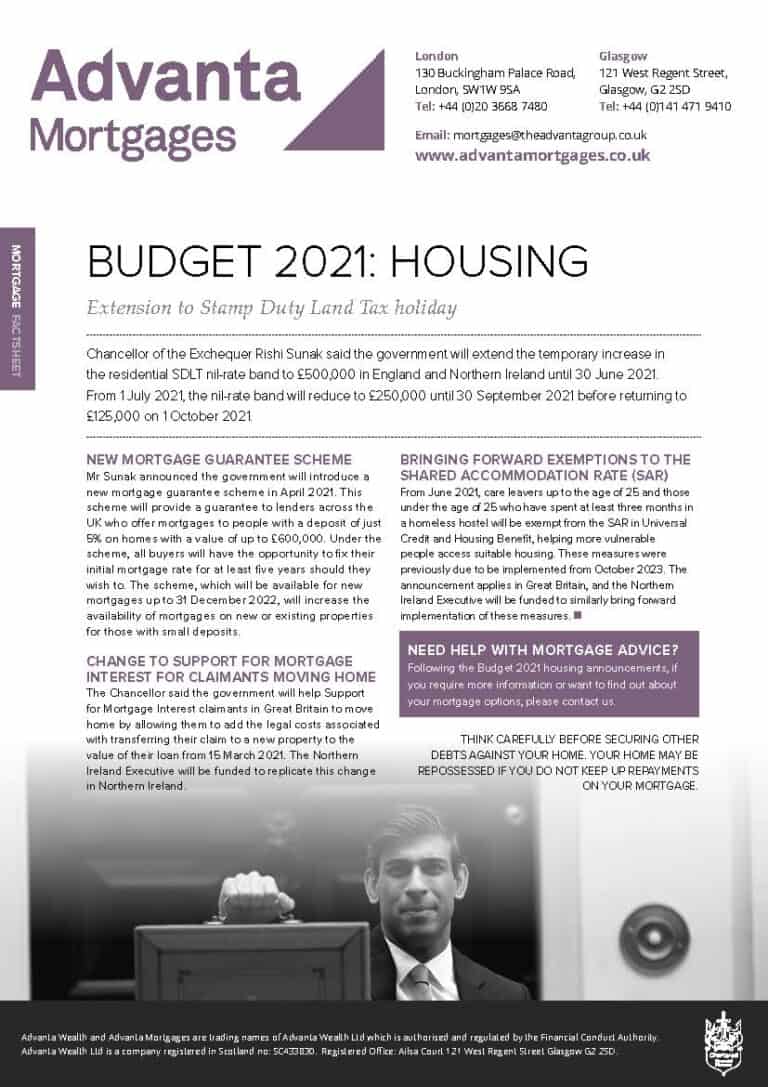54% price hike affecting 22 million households
Britain’s cost-of-living crunch has hit the country hard, with inflation at its highest level in three decades, petrol prices spiralling, retail price increases rising to their highest levels in ten years and, most recently, the regulator Ofgem announcing a 54% price hike in energy bills affecting 22 million households.
Chancellor Rishi Sunak announced an emergency £350 of support per household to help with the cost of heating. Almost half (47%) of those not retired say that they cannot afford to save right now due to the rising costs of everyday living, a new survey has revealed[1].
Immediate future
The news comes following widespread reports of many UK households struggling to make ends meet following higher inflationary pressures – sending everyday bills soaring – as the country tries to recover from the effects of the COVID-19 pandemic.
Millions of households faced an energy bill rise from 1 April after Ofgem lifted the cap on default tariffs to the equivalent of just under £2,000 a year for an average user. The price cap is a limit on a unit of gas and electricity – it’s not a cap on customers’ overall energy bills, which will still rise or fall in line with their energy use.
A typical customer paying by direct debit will be charged 28p a kilowatt-hour for electricity and 7p a kWh for gas from 1 April. This is approximately double the unit prices being charged by the cheapest providers at the start of 2021.
Under the new Ofgem cap, the average dual-fuel bill for a direct debit customer will go up by £693 a year, from its current level of £1,277. This will affect 22 million households.
What help is available to pay for energy bills?
- £150 council tax rebate in April
Households in council tax bands A–D in England (about 80% of all households) received a £150 council tax rebate in April to help with the cost of energy. This will not need to be paid back.
To obtain this money first, bill-payers were advised to set up a direct debit to pay their council tax from April so they receive their £150 energy rebate payment more quickly. You can still receive the money if you don’t have a direct debit set up. But it may take longer as your council will have to contact you and then you’ll have to make a claim. Devolved administrations will receive an equivalent amount of funding to cover this.
- £200 energy bills rebate
All households will receive £200 off their energy bills this October, when the price cap is expected to increase again. But the amount will need to be paid back at £40 a year for the subsequent five years, starting in April 2023. This does not cover Northern Ireland as energy policy is devolved, but extra funding has been made available.
- Extra £144 million for those on low incomes
The Chancellor has promised discretionary funding of £144 million to support vulnerable people and individuals on low incomes who do not pay council tax. There is also help for those in council tax bands E–H and with an annual household income of less than £79,000. But it isn’t clear how this can be accessed at an individual level.
Grants and benefits to help you pay your energy bills
You can apply to receive help if you’re struggling to afford your energy bills or top up your prepayment meter. You might be able to take advantage of certain benefits, grants and help offered by the government and energy suppliers.
You may also able to receive additional help and support from your energy supplier by signing up to the Priority Services Register. You can sign up if you’ve reached state pension age, you’re disabled or sick, or if your energy network considers you ‘vulnerable’.
Warm Home Discount Scheme
You might be able to receive £140 off your electricity bill or a £140 voucher for your prepayment meter.
Winter Fuel Payment
The Winter Fuel Payment is an annual one-off payment to help you pay for heating during the winter. You can usually receive a Winter Fuel Payment if you were born on or before 26 September 1955.
Cold Weather Payments
Cold Weather Payments are one-off payments to help you pay for extra heating costs when it’s very cold. You’ll receive a payment each time the temperature drops below a specific temperature for a set period of time.
Grants to help pay off your energy debts
If you’re in debt to your energy supplier, you might be able to obtain a grant to help pay it off.
Local energy grants
Check if you can receive a local energy grant. You might also be able to find grants or schemes run by your local council. Find your local council on GOV.UK.
It may be good to consider a remortgage
If your current mortgage deal is coming to its end, now may be a good time to consider a remortgage. There are a whole host of reasons why people decide to remortgage, to reduce monthly repayments, to borrow a larger sum of money or to be able to make overpayments. To discuss your requirements, complete the form below and an Independent Mortgage Broker will be in touch.
Source data:
Contact us
Advanta Mortgages gives you access to a broad range of mortgage solutions. If you’d like to know how we can help with your investment and wealth planning needs, get in touch. We’ll be delighted to provide more details of our services. Please contact us using one of the options listed below.
London
130 Buckingham Palace Road,
London, SW1W 9SA
Glasgow
121 West Regent Street,
Glasgow, G2 2SD

